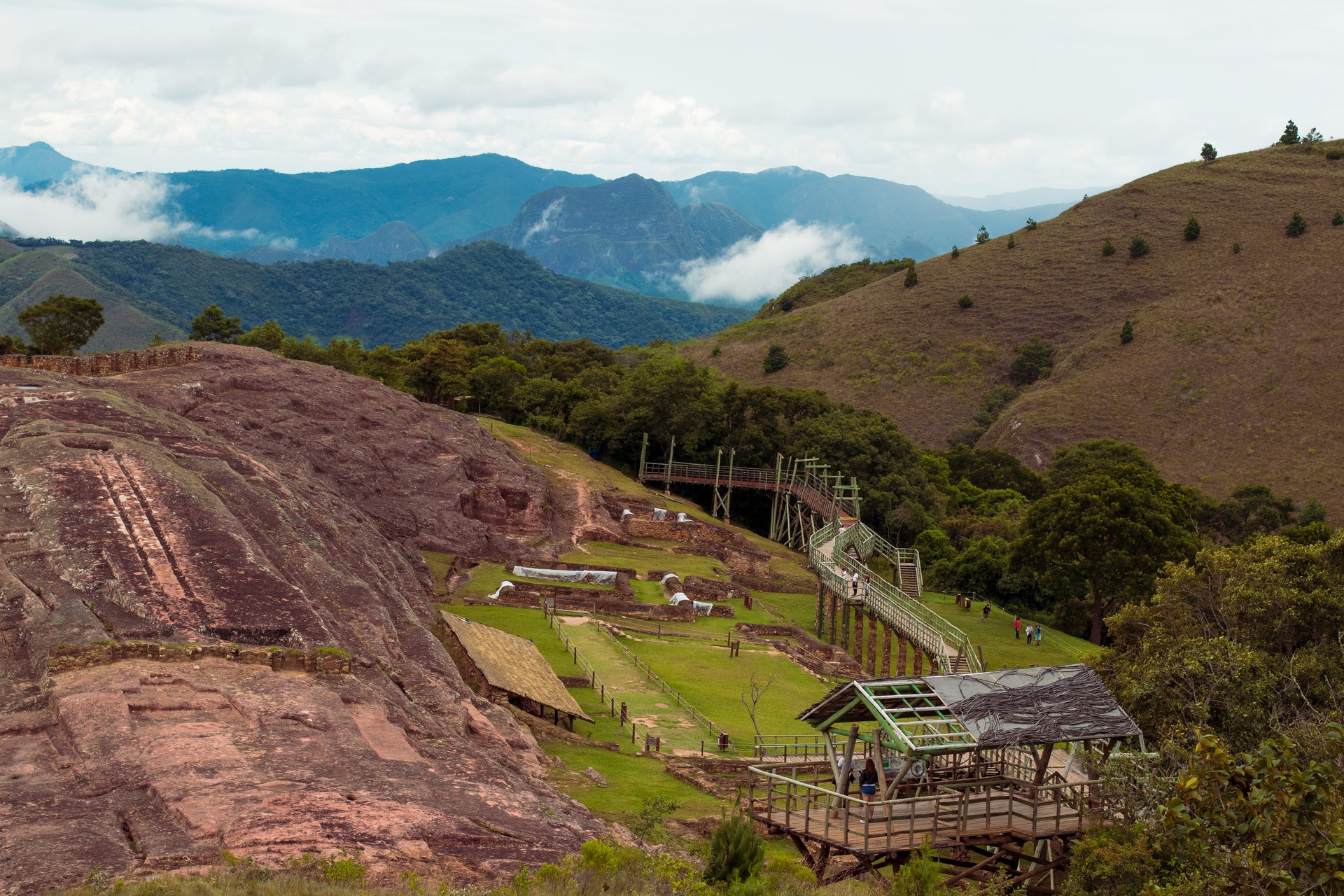
A market in La Paz, Bolivia
A financing agreement between the government of Bolivia and the United Nations' International Fund for Agricultural Development (IFAD) will increase the resiliency of nearly 20,000 smallholder Bolivian farmers battling crop shortages in the face of climate change. The funding for the $26.5 million ACCESOS Rural Project will be sprinkled throughout 430 communities and enable the farmers to improve their production of staple foods like potatoes, tomatoes, onions and beans.
The struggle in a region already coping with inflation
The investment hopes to offset raging inflation rates threatening the region by pumping money into high-demand foods and thus keeping prices at bay. High inflation and South America have long been infamously intertwined: For example, hyperinflation paired with political instability and rampant corruption beset Venezuela into a crisis after inflation reached a bewildering 1,300,000 percent in 2018.
After a year of maintaining below average inflation rates compared to other emerging market economies, high inflation again crept into major Latin American markets like Mexico, Brazil, Colombia, Chile and Peru. Soaring food prices, which had already started climbing before the pandemic, are among the biggest inflationary drivers. Supply chain disruptions, lockdown measures and the unrelenting presence of climate change spiked food prices at an accelerated rate. The war in Ukraine will worsen this reality in Latin America.
“After the sanctions imposed by the United States and Europe, we can expect interruptions in global supply chains, this can translate into product shortages and price increases due to social and political instability,” wrote Carlos David Carrasco Muro for the World Economic Forum earlier this week.
In Bolivia, add the impacts of climate change
The impacts of climate change have been devastating in Bolivia, where widespread droughts have led to paltry crop yields for some farmers. In each of the last three years, Bolivia’s dryness has sparked severe wildfires that have burned millions of acres of land, killing crops along their path.

The ACCESOS Rural Project, which builds on a previous $59 million program spanning 2014 to 2019, will provide funding for technical farming assistance that will improve farmer’s production techniques in the face of extreme weather shocks through tools like an early climate warning system.
Along with enabling farmers to better adjust and anticipate pricing fluctuations, the improved adaptation techniques will lead to more fruitful harvests, IFAD hopes. And more fruitful harvests go hand in hand with a core objective of the Bolivian government: reducing food imports.
How the war in Ukraine affects Latin America
Look no further than Russia’s invasion of Ukraine to see how reliance on foreign nations for food can have disastrous impacts locally. Collectively, Ukraine and Russia account for a quarter of the world’s grain and wheat exports, much of which flows to the Middle East, North Africa and East Africa.
Not only is the war limiting the exports able to reach these populations, but it’s also rattling the markets and sending commodity prices through the roof. On top of that, prices for vital energy supplies like natural gas, as well as fertilizers and pesticides, are also nearing record highs due to Russia’s invasion. Limited access to fertilizers and pesticides is among the best ways to guarantee a poor crop yield, further perpetuating the nasty cycle of food price increases due to limited supply — and the effects have spread as far as South America.
This is what’s stoking World Food Program Executive Director David Beasley into telling the U.N. Security Council that this is a “catastrophe on top of a catastrophe.” Beyond creating millions of new Ukrainian refugees, a report from the U.N. Food and Agriculture Organization supports Beasley’s sentiment. The FAO estimates the global population of undernourished people could increase by 8 million to 13 million due to the conflict.
Bolivians, who rely far less on Ukrainian and Russian exports, will likely not contribute to that FAO estimate. And with successful implementation of the ACCESOS Rural Project, farmers in Bolivia just may be able to chip away at their nation’s food insecurity, all while creating stable marketplaces and building the resiliency of their smallholder farmers.
Image credits: Lesly Derksen via Unsplash; Andrés Condarco via Pexels
Based in Atlanta, GA, Grant is a nonprofit professional and freelance writer passionate about affordable housing and finding sustainable approaches to international development. A proud graduate of the University of Maryland, Grant spent four months post-grad living in Armenia where he worked for Habitat for Humanity and the World Food Programme. He enjoys playing trivia with friends but is still seeking his first victory - he ceaselessly blames his friends lack of preparation.














